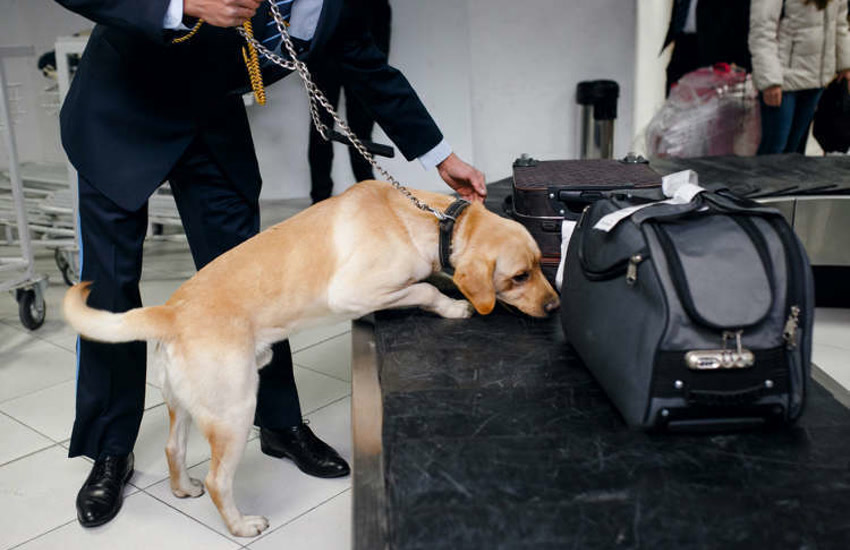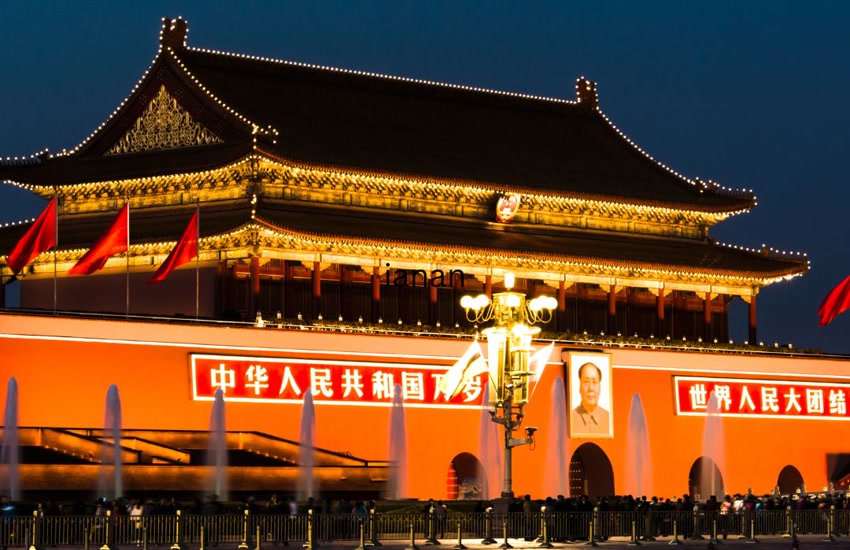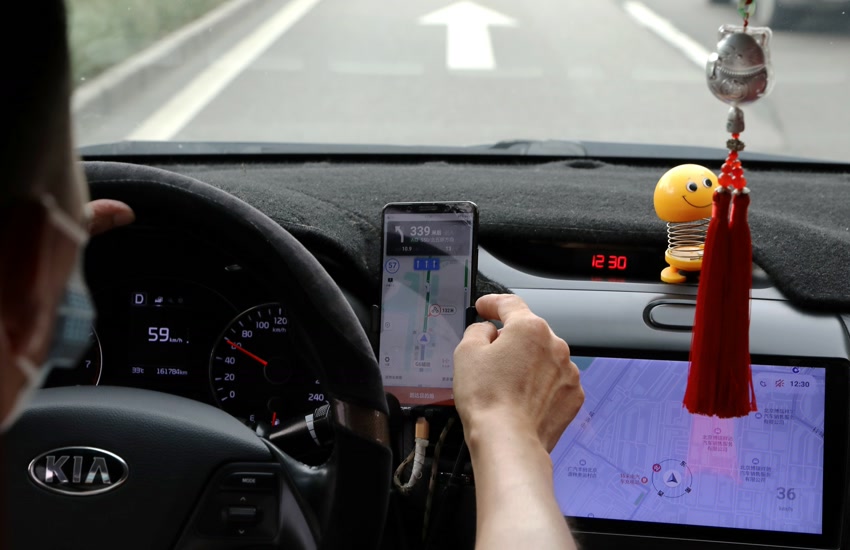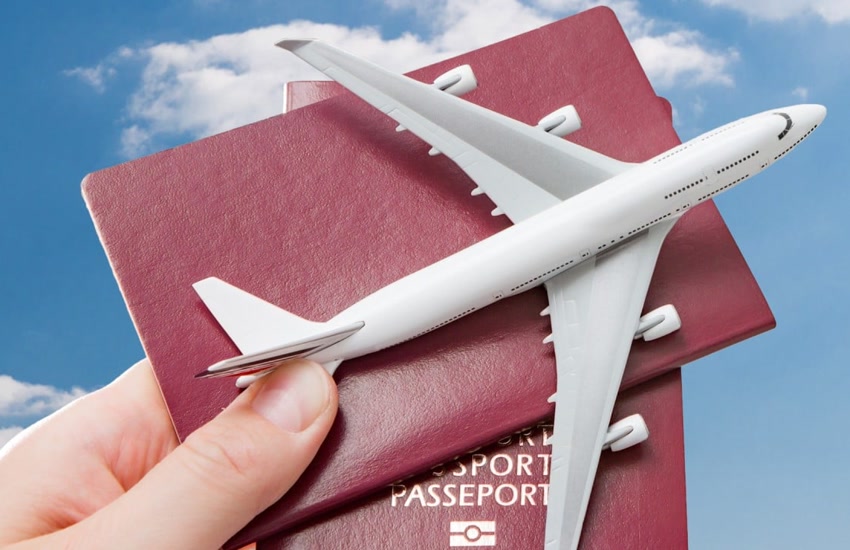
Ni hao, globetrotters! China, the land of ancient wonders, bustling cities, and mouthwatering cuisine, has been calling my name for years, and let me tell you – it lives up to the hype!
But before you pack your bags and dream of walking the Great Wall, there’s a crucial question: How do you plan your travel budget for China effectively?
This includes thinking about how long it takes to get there and how that might affect your budget.
How Much Does a Trip to China REALLY Cost?
Understanding the Costs
This is the million-dollar question, right? Well, the answer, as with most travel-related queries, is “it depends.”
To really plan your travel budget for China, you need to consider several factors.
Are you a budget backpacker, a mid-range explorer, or a luxury seeker? How many days do you need in Zhangjiajie, or are you planning a whirlwind China itinerary covering several regions?
Which cities and regions are on your China travel itinerary?
A General Breakdown of Costs
Here’s a general breakdown to give you a starting point, based on averages from other travelers and my own experiences:
- Budget Traveler: $37 – $50 USD (¥268 – ¥360) per day. Think hostel dorms, delicious street food, local buses and free activities.
- Mid-Range Traveler: $75 – $125 USD (¥540 – ¥900) per day. This allows for comfortable hotels, restaurant meals, train travel, and entrance fees to popular attractions. This allows time to experience Beijing china culture and sample the best food in Beijing.
- Luxury Traveler: $200+ USD (¥1440+) per day. Expect high-end hotels, gourmet dining, private transportation, and exclusive experiences, potentially in China, Beijing, Shanghai, and other major locations.
A Quick Look at Trip Length & Costs (per person):
| Duration | Costs |
|---|---|
| One Week | $657 – $875 USD (¥4,711 – ¥6,300). This might be enough for a quick Beijing itinerary. |
| Two Weeks | $1315 – $1750 USD (¥9,422 – ¥12,600). A decent timeframe to experience a more comprehensive China travel itinerary for 2 weeks. |
| One Month | $2818 – $3750 USD (¥20,190 – ¥27,000). Consider China travel itinerary for 3 weeks. |
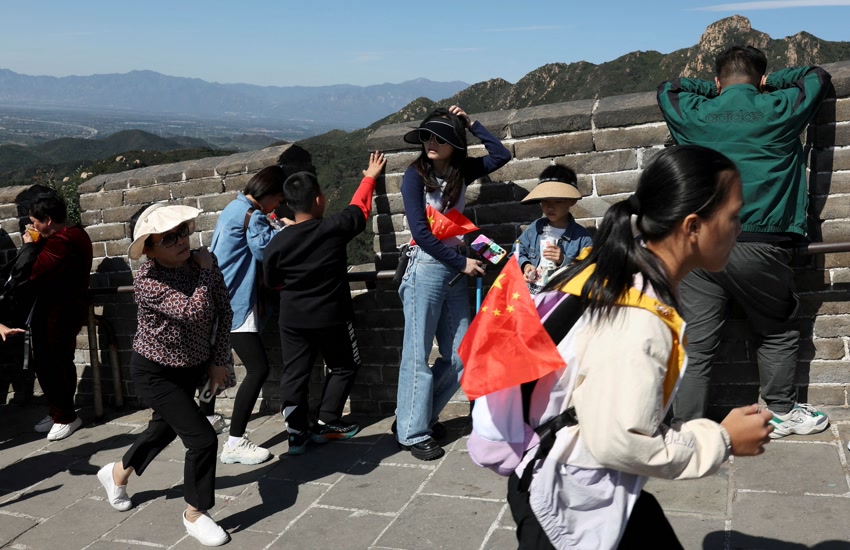
Key Budget Considerations: Breaking Down the Expenses
Accommodation
To truly plan your travel budget for China well, you need to look at where your money is actually going! Here’s a breakdown of the main expense categories:
- Hostels: $10 – $20 USD (¥72 – ¥144) per night for a dorm bed. Major cities like China, Beijing, Shanghai have plenty of options.
- Budget Hotels: $25 – $50 USD (¥180 – ¥360) per night for a private room. Look for local chains or guesthouses.
- Mid-Range Hotels: $50 – $100 USD (¥360 – ¥720) per night. Expect comfortable rooms and good amenities. Perhaps near attractions that are Beijing near me.
- Luxury Hotels: $150+ USD (¥1080+) per night. Think international brands with top-notch service.
Transportation
- Local Transportation: Public transport is a budget-friendly way to get around cities. Metro fares are typically around ¥4 ($.55 USD). Buses are even cheaper. Consider buying a transportation card for convenience. Taxis and ride-sharing are available, but can be pricier, especially in congested cities like China, Beijing, Shanghai.
- Intercity Transportation:
- Trains: China’s high-speed rail network is fantastic and efficient. A second-class seat on a high-speed train can cost between $30-$100 USD depending on the distance. Booking in advance is *highly* recommended, especially for popular routes. You can even take a Beijing to Luoyang train to see the White Horse Temple Luoyang.
- Buses: Long-distance buses are a cheaper alternative to trains, but they are slower and less comfortable.
- Flights: Domestic flights are readily available and can save you time, but they are generally more expensive than trains.
Regional Cost Variations: Where You Go Matters
Expensive Cities vs Affordable Regions
China is a vast country, and the cost of living varies significantly depending on the region.
Expensive Cities: Beijing, Shanghai, Hong Kong, and Shenzhen are among the most expensive cities in China. Expect to pay more for accommodation, food, and transportation in these metropolitan hubs.
Affordable Regions: Smaller cities and rural areas are generally more affordable. Consider visiting places like Chengdu, Guilin, or Yunnan province for a budget-friendly experience.
Special Regions: Tibet
Tibet: Traveling to Tibet requires a special permit, which can add to your overall costs. You may be curious about Everest Base Camp Tibet and the height of Base Camp Mt Everest.
Saving Money in China: Tips from a Seasoned Traveler
Travel Tips
Alright, now for the good stuff! Here are some tried-and-true tips to help you save money on your trip to China:
- Travel During the Off-Season: Avoid peak seasons to save on flights and accommodation. It is good to know the worst time to visit China to prepare.
- Embrace Public Transportation: Use the metro, buses, and trains to get around.
- Eat Like a Local: Sample street food and dine at local restaurants. And try some Chinese food Asheboro NC for practice.
Remember, always bargain respectfully when shopping in markets and always be respectful of the local customs and traditions.
FAQs on Traveling to China
Is China Difficult to Visit for US Citizens?
While there are some cultural differences and language barriers to navigate, China is generally a safe and welcoming country for US citizens. Obtaining a visa is a necessary step, but the process is usually straightforward. Be aware of internet censorship and consider using a VPN to access blocked websites. It is good to have a plan for accessing internet in China. You may also need to learn to add a second number to WeChat.
How Many Days are Enough for a China Trip?
This depends on your interests and how much you want to see. A week is enough to explore one or two major cities, while two weeks allows you to visit a few different regions. A month or more will give you a deeper and more immersive experience. You can use sites like Blog China for more research.
China on Reddit: Real-World Perspectives

Curious about what other travelers are saying? Head over to Reddit! You’ll find helpful tips and recommendations on subreddits like r/ChinaTravel and r/travel. You can ask questions, share your experiences, and get advice from fellow travelers.
Planning a trip to China can feel overwhelming, but with a little research and careful planning, you can create an unforgettable experience without breaking the bank.
The key is to plan your travel budget for China realistically, taking into account your travel style, priorities, and the regions you want to visit.
Embrace the local culture, be open to new experiences, and don’t be afraid to step outside your comfort zone. China is waiting to be explored!
Thinking of what to purchase? Here’s a list of things to buy while in China, including souvenirs from China and the best souvenirs from China.
For more information, check out our other articles on Traveling in China by Car and the Best Souvenirs from China.



